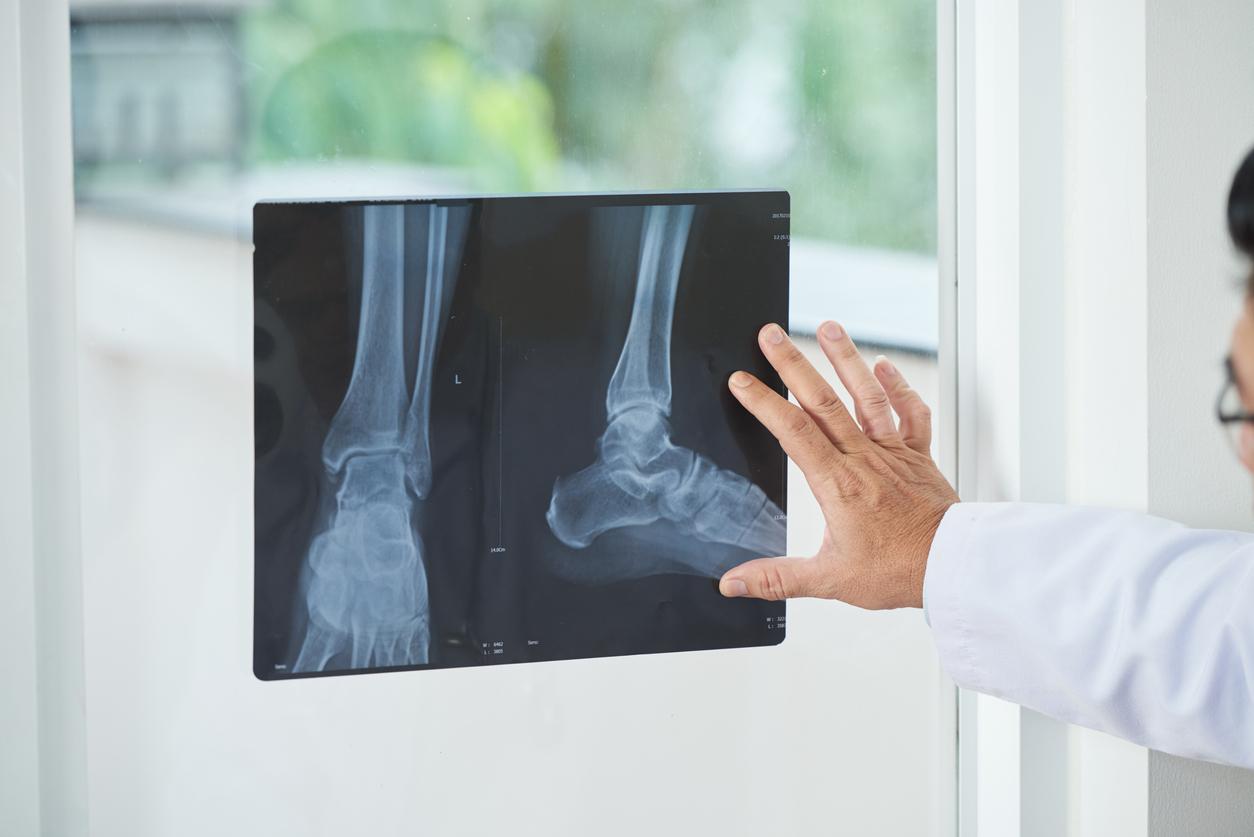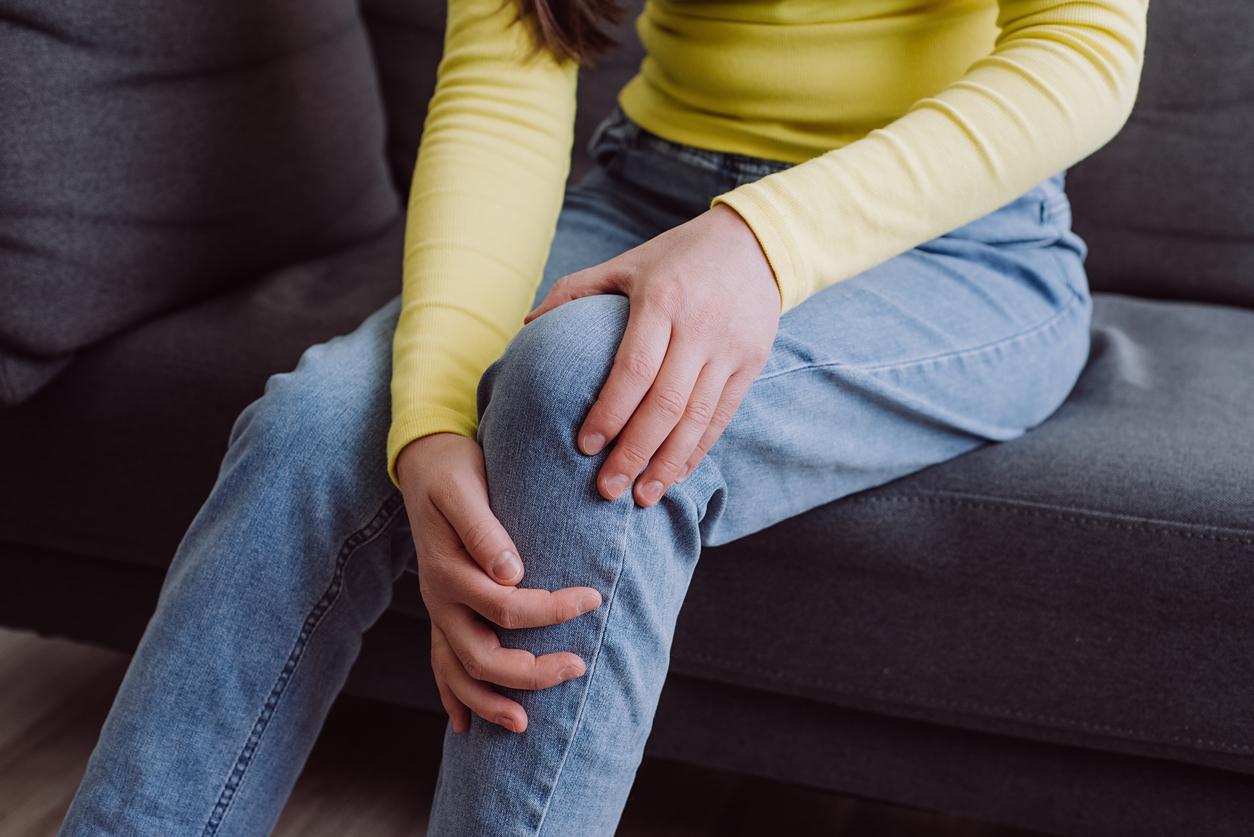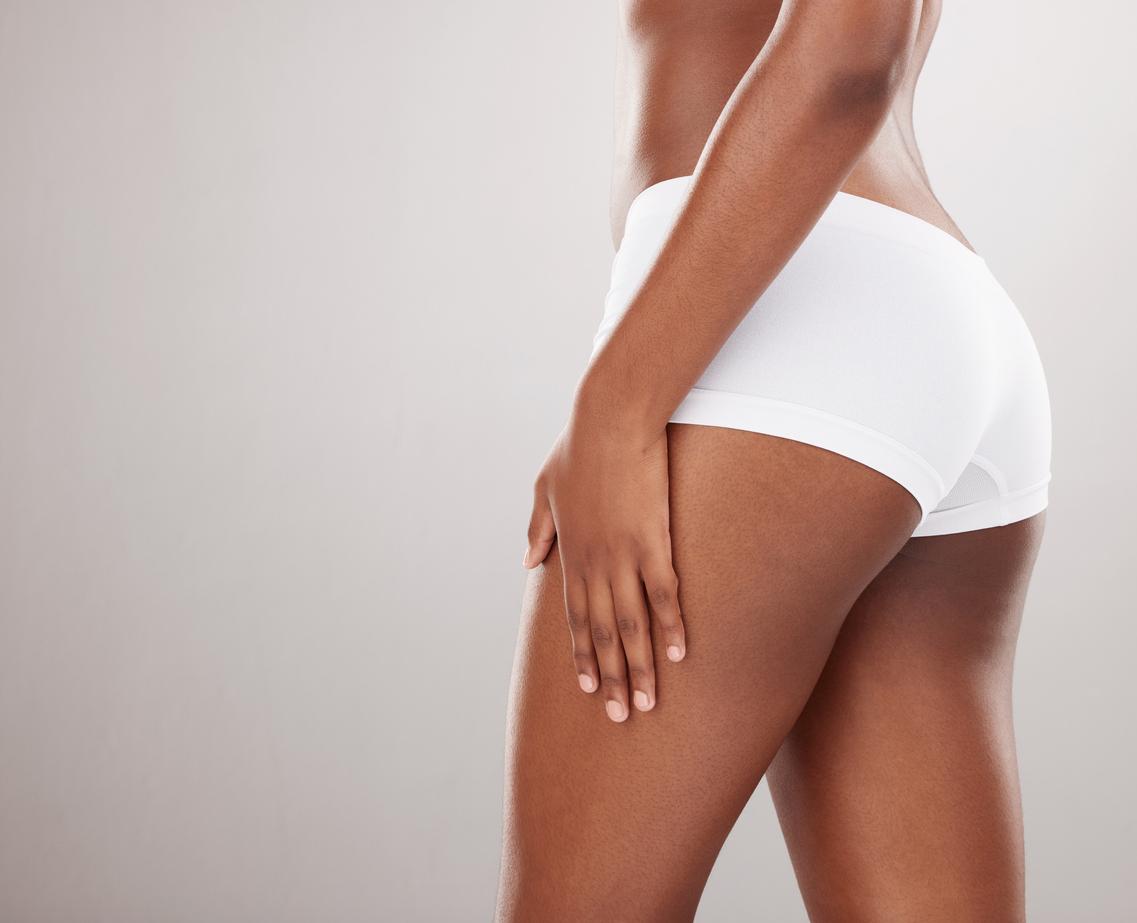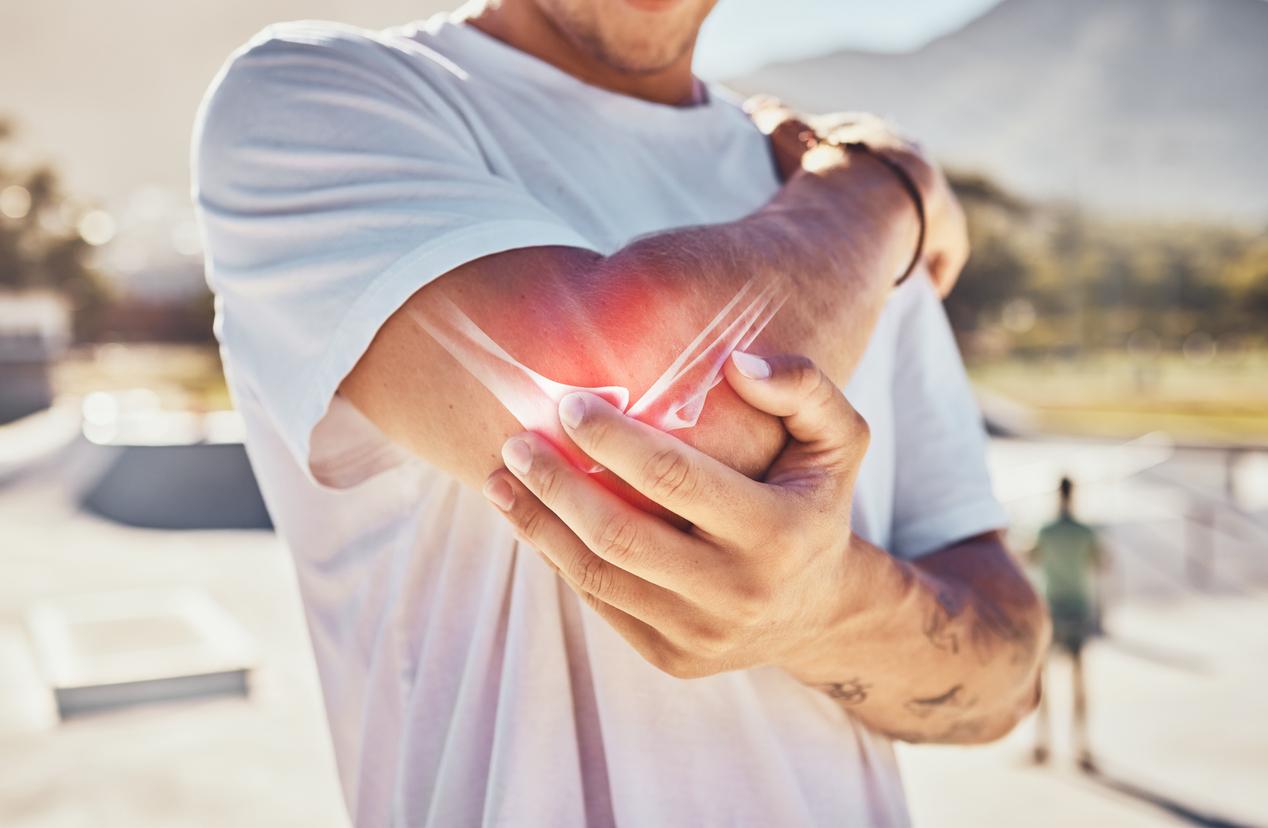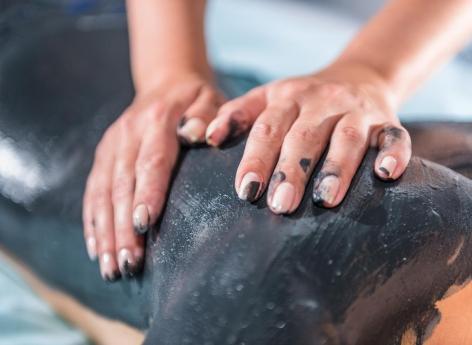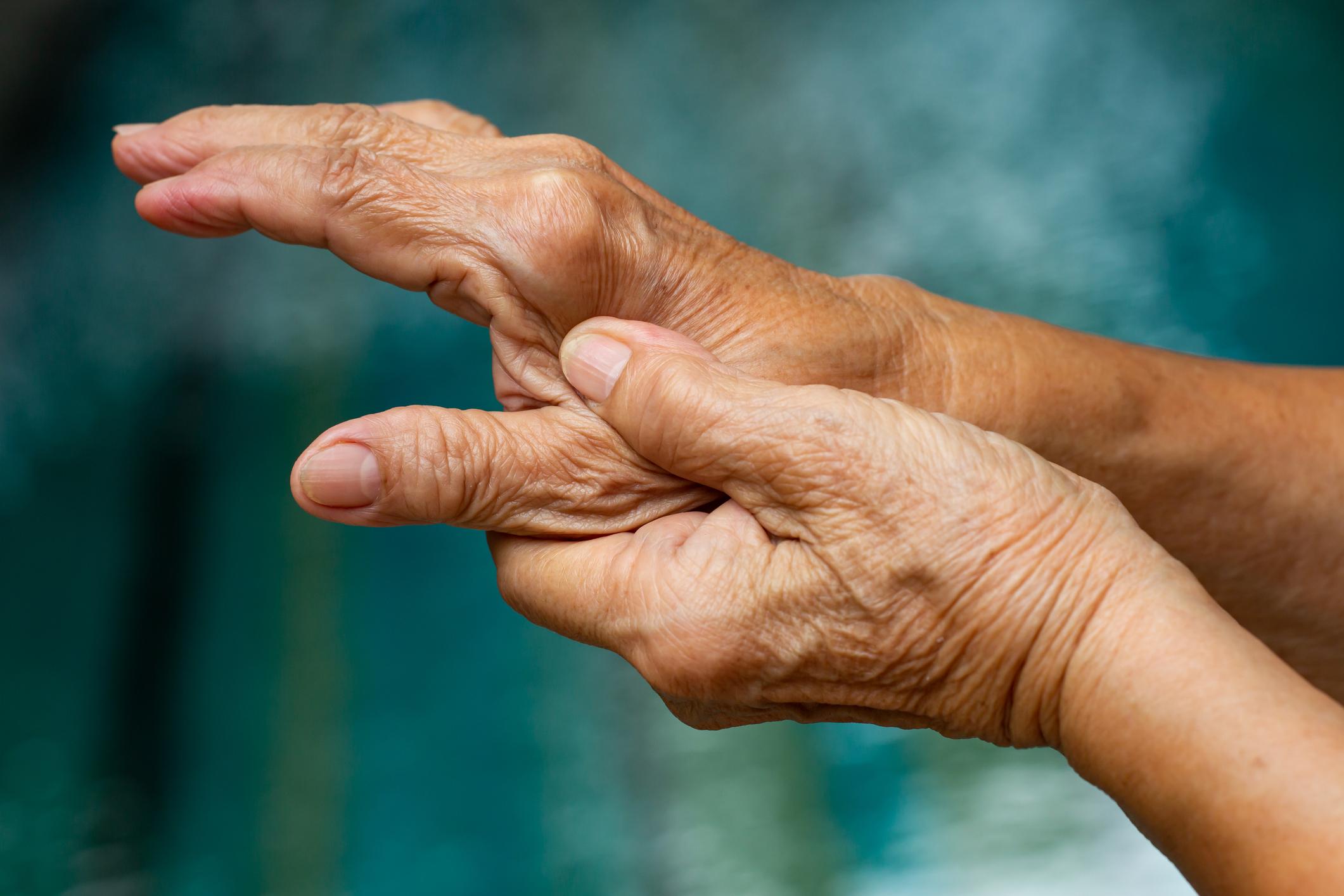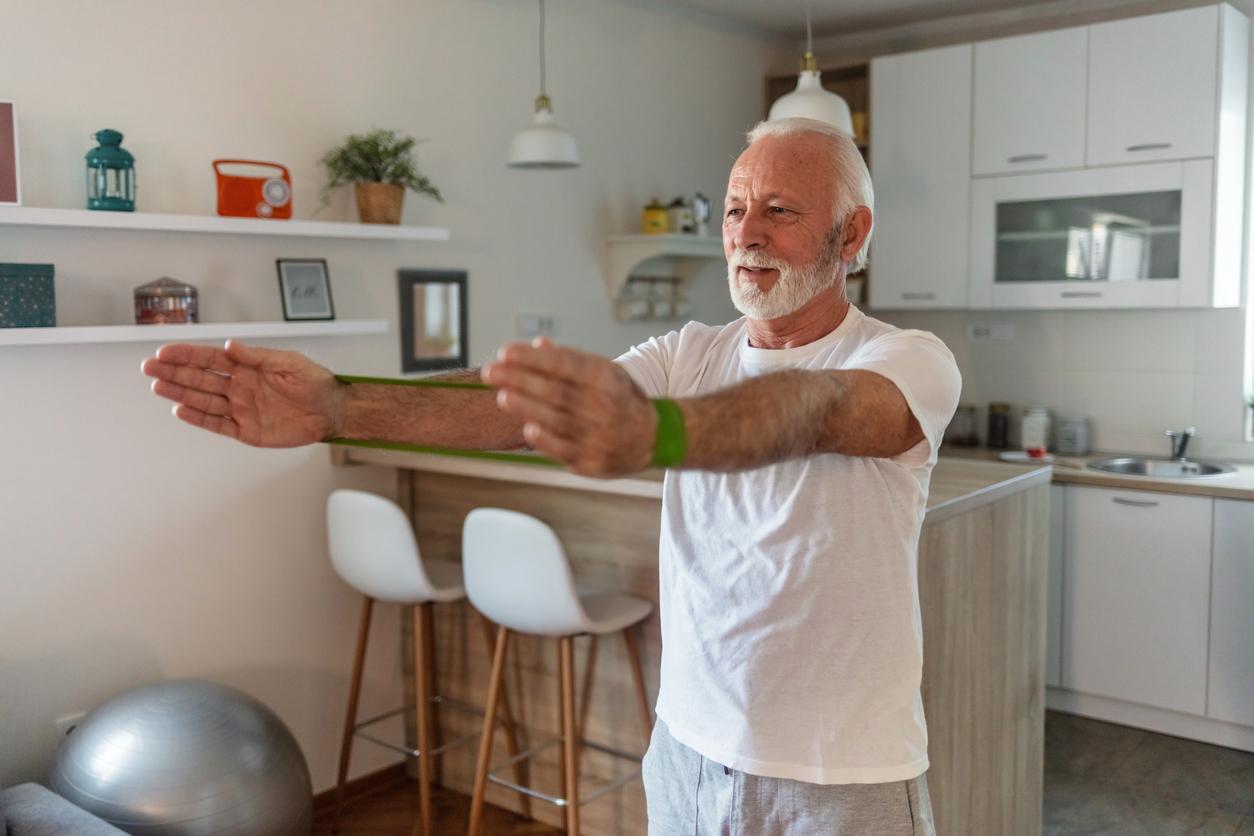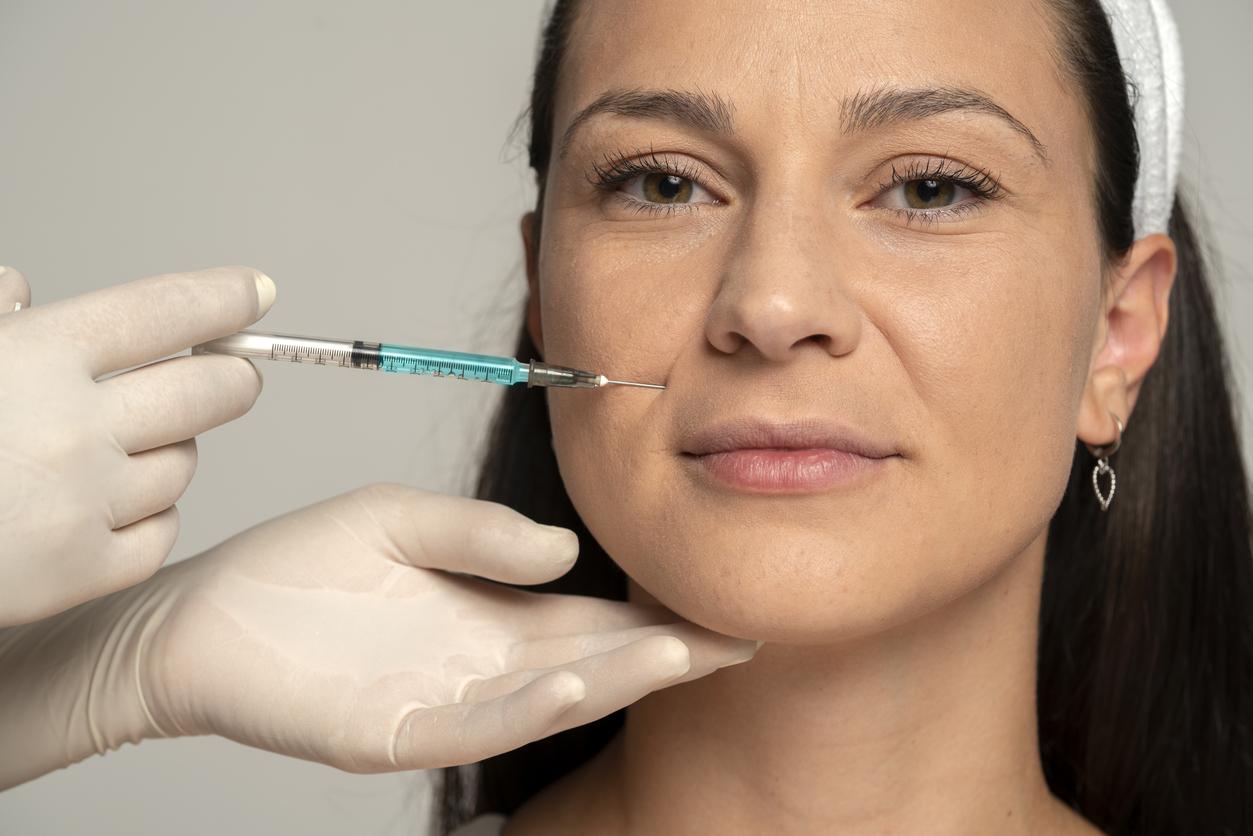No more hyaluronic acid-based treatments are reimbursed in France. A decision that should increase the use of knee prostheses, fear rheumatologists.
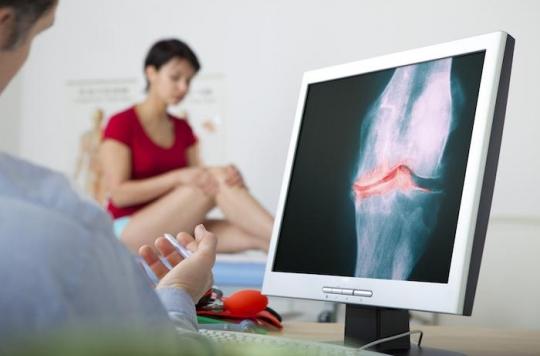
Timing is not sending a good signal to the 10 million people with osteoarthritis. On World Rheumatism Day, October 12, the Ministry of Health and the Ministry of Public Accounts published a decree at Official newspaper aimed at ending the reimbursement of Hyalgan. It was the last treatment based on hyaluronic acid covered by health insurance up to 15%.
The ministers believe “that no conclusive demonstration to date establishes the superiority of this specialty compared to placebo or compared to medical devices pursuing the same therapeutic aim”. These were also subject to delisting on 1er last June.
As of today, France no longer reimburses any injection of hyaluronic acid to reduce the pain caused by osteoarthritis. Patients will have to pay out of pocket. In addition to the unequal access to treatment, rheumatologists denounce an “absurd decision” which favors the use of knee prostheses. Dr. Emmanuel Maheu, rheumatologist at Saint-Antoine Hospital (Paris) also fears market deregulation and the arrival of poorly controlled products.
In the decree, the ministers mention physical exercise as an alternative to hyaluronic acid. What about?
Dr. Emmanuel Maheu: They evoke, in fact, the implementation of “hygieno-dietetic measures and non-pharmacological treatments”. These recommendations are very interesting in patients who have no pain to prevent attacks. But the first thing to do when a patient is in pain is to reduce his pain to an acceptable level to allow him to resume physical activity.
Osteoarthritis patients feel that they are not taken seriously, that they are not listened to and that doctors have nothing to offer to relieve their pain. A mistrust that will be reinforced with this kind of recommendation.
Emmanuel Maheu, rheumatologist at Saint-Antoine Hospital (Paris): With the reimbursement, any doctor can give injections…»
Are there any treatments capable of reducing patients’ pain?
Dr. Emmanuel Maheu: Patients who suffer from knee osteoarthritis may have pain in phases but they may also suffer continuously. The decree recalls that paracetamol can be used during these symptomatic phases. However, the latest analyzes carried out show that this drug has no effect on pain. Recent articles have also raised questions about its good tolerance. In continuous intake, patients would not only expose themselves to a hepatic risk but also to a cardiovascular and renal risk.
The ministers also advise the use of non-steroidal anti-inflammatory drugs (NSAIDs) in the “acute phase”. Here is a good public health policy: we delist non-dangerous drugs and we tell patients to take anti-inflammatories. I remind you that with these drugs there is a significant risk of bleeding and stomach ulcers, kidney failure in the elderly and cardiovascular complications. This is total nonsense.
Finally, we are asked to use intra-articular corticosteroid injections. This treatment works very well but in specific situations: inflammatory flare-ups of the knee with the presence of an effusion.
In reality, these different medications are not alternatives to a treatment that aims for long-term improvement. We are only offered crisis treatments that have a less good risk/benefit balance than hyaluronic acid.
Could the use of knee prostheses increase?
Dr. Emmanuel Maheu: For sure. Patients with osteoarthritis seek to be pain free. So if the rheumatologists no longer have enough to relieve them, they will go to the surgeon to be operated on. So mechanically, we will see an increase in the number of knee prostheses. While today in France there are 106 knee prostheses for 100,000 inhabitants, we could approach the United States which poses 234 for 100,000 inhabitants.
The risk is that the patients operated on will be younger than today. A prosthesis would only be effective for about fifteen years, so revisions could be more frequent. Patients would be more exposed to the risks usually associated with surgical procedures.
Moreover, studies show that knee prostheses are not as well tolerated as hip prostheses One or two years after the operation, patients still cannot get used to it.

Professional life: rheumatism is a limit
Rheumatism is a handicap, and the French understand this well. 83% of them believe that this pain can be a hindrance to professional life. This is what emerges from a survey carried out by Ifop for the collective “Together against Rheumatism” and presented on the occasion of World Day against Rheumatism, this October 12.
Conducted by Professor Francis Berenbaum, a researcher at Inserm, the survey shows that the French are acutely aware of the limitations caused by joint pain and rheumatism. Because in fact, 30% of patients followed for such conditions had to limit their professional activity, or take sick leave.
This average hides strong differences depending on the pathology. Among French people with rheumatism, one in two had to reduce their workload. Those who suffer from severe joint pain are 43% to have made the same decision.
.









